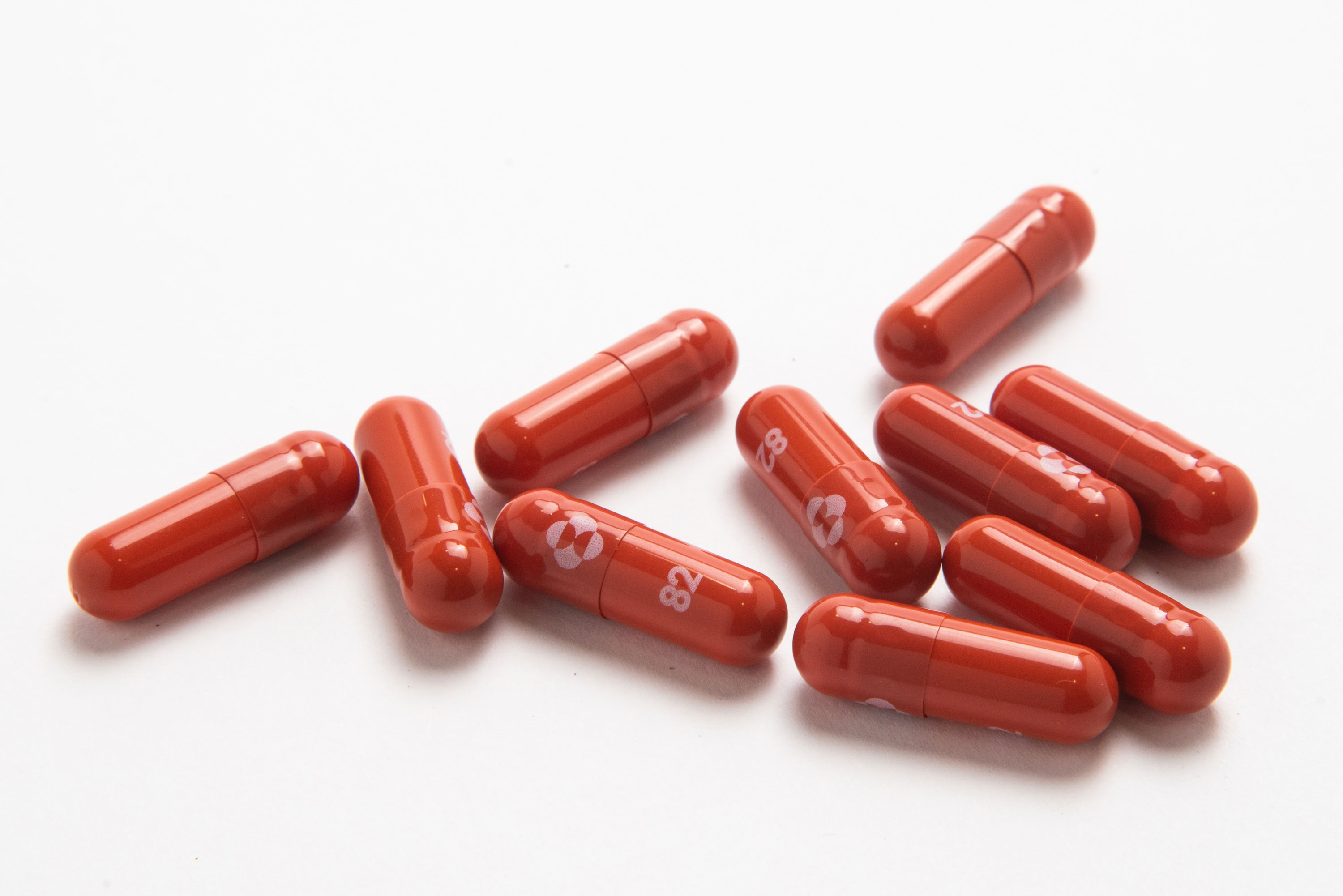27 drugmakers to provide generic COVID drug to low-income countries

Twenty-seven drug makers have signed onto a deal to manufacture a generic version of molnupiravir, Merck's oral antiviral for the treatment of COVID-19. The deal will allow affordable access to the drug in 105 low- and middle-income countries (LMICs) around the world.
In October, the Geneva-based Medicines Patent Pool, a United Nations-backed public health group announced a voluntary licensing agreement by which Merck would license the drug to companies that meet certain quality-assurance specifications. Neither Merck nor its development partners will receive any royalties from the licenses for as long as the World Health Organization continues to classify COVID-19 a public health emergency.
Now 27 companies have met those standards to Merck's specifications: five companies will produce the raw ingredients for the drug, 9 will produce the finished drug, and 13 will produce both.
“We are encouraged by the large number of new and existing partners that have moved quickly to secure a sublicense for molnupiravir through MPP,” Merck Executive Director Charles Gore said in a statement. “This is a critical step toward ensuring global access to an urgently needed COVID-19 treatment and we are confident that, as manufacturers are working closely with regulatory authorities, the anticipated treatments will be rapidly available in LMICs.”
“Accelerating broad, affordable access to molnupiravir has been a priority for MSD from the start, which led us to partner with MPP on a licensing agreement to expand access to quality-assured generic versions of molnupiravir, subject to local regulatory authorisation,” Paul Schaper, Executive Director of Global Public Policy at Merck, said in a statement. “We are pleased to see this vision come to life, with strong geographic diversity in MPP’s selected generic manufacturing sublicensees.”
The manufacturers involved in the deal are Pakistan's Remington; Egypt and Jordan's Hikma; Kenya's Universal Corporation; South Africa's Aspen and CPT,;China's BrightGene, Desano, Fosun Pharma, Langhua, and Lonzeal; South Korea's Celltrion, DongBang, and Hanmi; Bangladesh's Beximco and Incepta; Vietnam's Stella; Indonesia's Kimia Farma; and 10 Indian companies: Arene Lifesciences, BDR, Biophore, Laurus Labs, Lupin, MSN, Natco, Optimus, SMS, and Strides.
The drug was developed by Merck along with Ridgeback Biotherapeutics and Emory University. It received authorisation from the UK's Medicines and Healthcare products Regulatory Agency (MHRA) in November and emergency use authorisation from the US Food and Drug Administration (FDA) last month, despite a drop in published efficacy from 48 percent to 30 percent due to new trial data.
This licensing deal, and a similar one signed by Pfizer for its antiviral, go some way toward promoting equity in COVID-19 treatment, but even the lower prices from generic manufacturers could present a problem for very low-income countries, the Wall Street Journal reported recently. Those countries also have inadequate testing, which could prevent the drugs from being administered when they're most effective.











